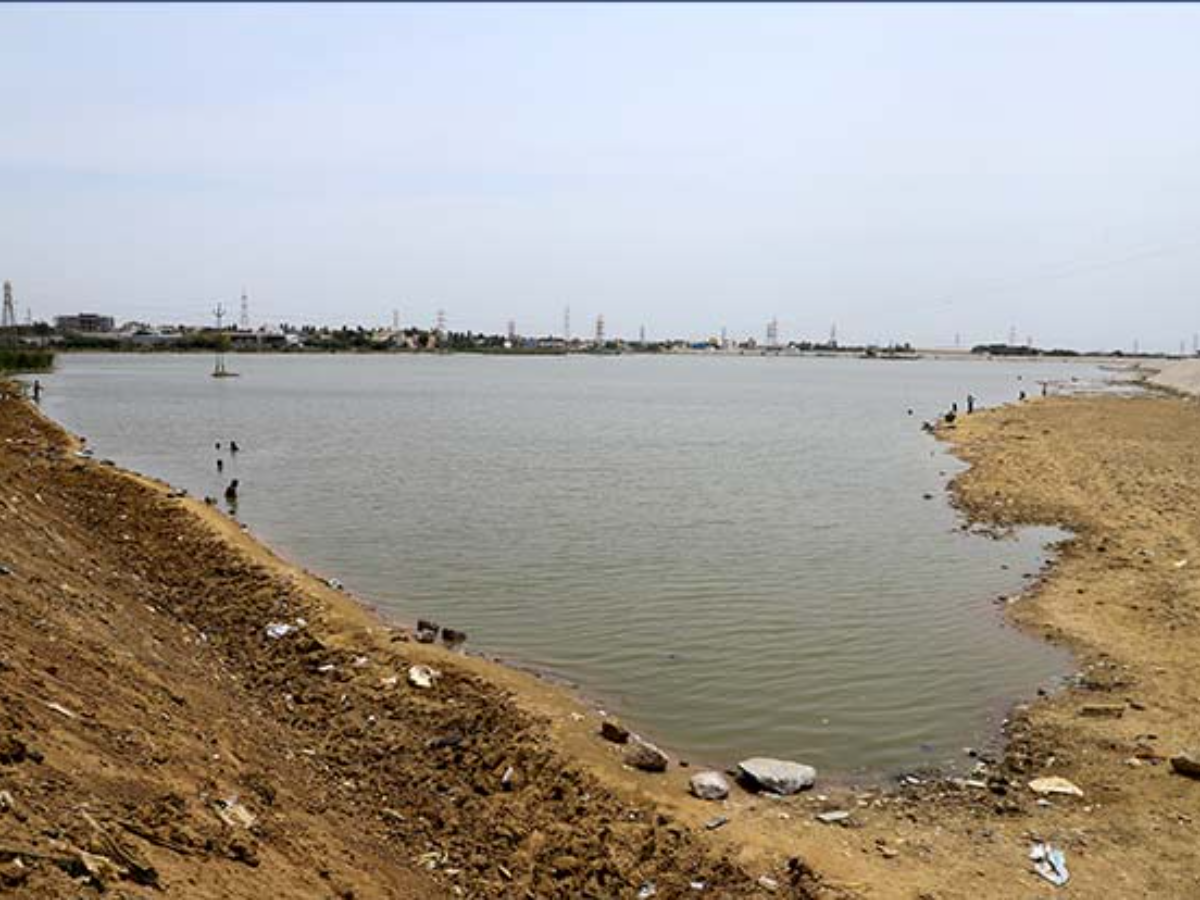'Forever Chemicals' Found In Chennai Lakes, Can Cause Liver Damage & Cancer
People living in Chennai are probably exposed to contaminated drinking water. A study by IIT Madras has stated that lakes in Chennai have alarming levels of ¡®forever¡¯ chemicals that can cause cancer and liver damage. The term ¡®Forever chemicals¡¯ refers to substances made of carbon and fluorine atoms bonded together by strong chemical bonds that don't naturally break down.

People living in Chennai are probably exposed to contaminated drinking water. A study by IIT Madras has stated that lakes in Chennai have alarming levels of ¡®forever¡¯ chemicals that can cause cancer and liver damage. The term ¡®Forever chemicals¡¯ refers to substances made of carbon and fluorine atoms bonded together by strong chemical bonds that don't naturally break down.
What are forever chemicals and where in Chennai are they found?
'Forever chemicals' refer to Perfluoroalkyl Substances and Polyfluoroalkyl Substances (PFAS), which are substances known for their long-lasting properties and potential health risks, such as liver damage and cancer.
According to a study conducted by IIT Madras, the water in Chennai contains PFAS concentrations that exceed safety levels set by the American Environmental Protection Agency (EPA) by approximately 19,400 times.
 LiveChennai
LiveChennai
These chemicals were found in groundwater near various locations, including the Perungudi dumpyard, Adyar river, Buckingham Canal, Chembarambakkam lake (even though it receives treated water), and the treated water from the lake.
Indumathi M Nambi, a professor at IIT-Madras who led the study, mentioned that although PFBS levels were safe, the overall presence of PFAS still caused concern.
Which objects have ¡®forever chemicals¡¯ that then enter water bodies?
'Forever chemicals' or PFAS can be found in a variety of everyday items such as non-stick cookware, food packaging, firefighting foam, waterproof materials, raincoats, and cosmetics.
 Unsplash
Unsplash
These substances can eventually make their way into water sources, leading to contamination of drinking water.
To determine if a product contains 'forever chemicals,' you can simply check the ingredients list for terms like 'perfluoro-' or 'polyfluoro-.'
According to T Swaminathan, a former scientist at the National Environmental Engineering Research Institute, the current water treatment process is effective at removing suspended solids and basic inorganic chemicals. However, it lacks the capability to remove organic chemicals like PFAS from water.
For more on news and current affairs from around the world, please visit Indiatimes News.
